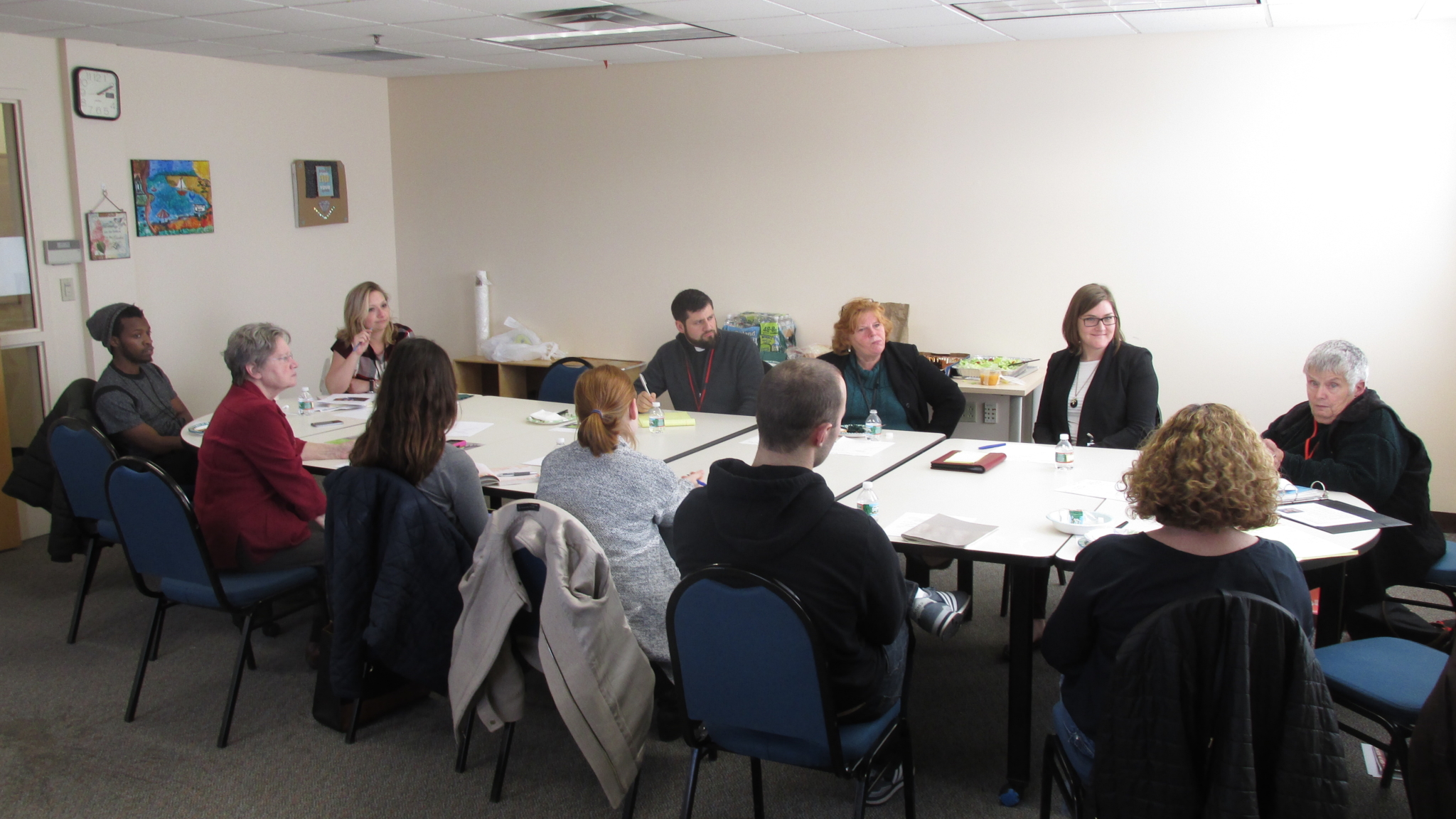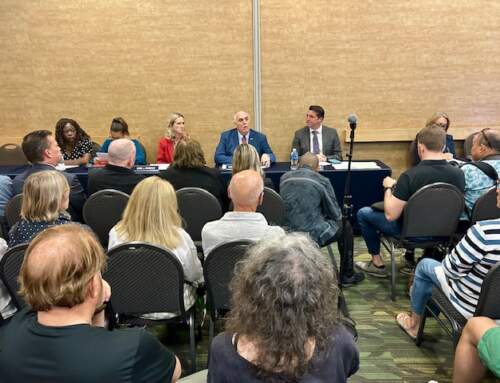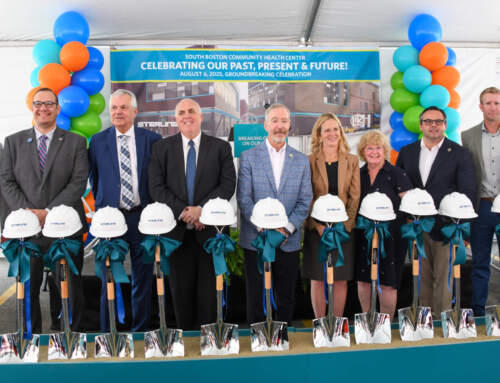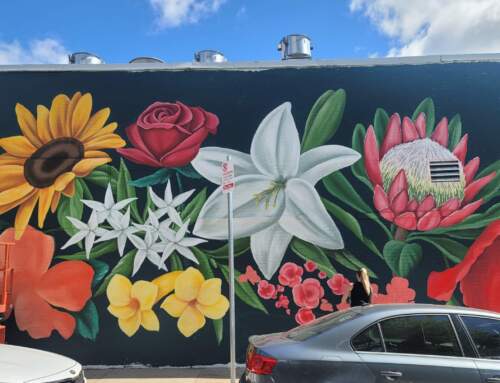This is No. 17 in South Boston Online’s series about drug use, abuse and addiction. The numbers are tragic. It is time to make a 2016 New Year resolution about the crucial issue of heroin – and we are being kind when we call it “an issue.” It’s at least an epidemic – more like an old-fashioned plague (deadlier than Ebola). You can help. Don’t let this continue.
In his State of the Commonwealth speech last Thursday, Gov. Charlie Baker spoke eloquently about how dull his governing might seem, since he’s devoting his time to fixing things in the commonwealth – “minding the store.” But he made a key, specific point of singling out opioid abuse as a highly important issue. Baker said, “four people a day are dying in Massachusetts,” and then said this situation sickens him.
Please bear with us, as South Boston Online presents a few numbers: The total number of American military deaths in Iraq and Afghanistan is approximately 7,000. If you add in the 9/11 tragedy’s toll of nearly 3,000 back in 2001, Middle Eastern hostilities have so far cost 10,000 American lives.
Do you recall the Ebola virus outbreak in West Africa? It lasted for most of 2014. Some 28,000 people contracted Ebola; 11,300 died of it. It wasn’t an epidemic – it was a plague. Only concerted action from a consortium of nations prevented Ebola from becoming a plague as deadly as the Spanish flu in 1918 and 1919.
Now consider that heroin deaths were 11,000 in 2014 (the last year we have complete information for). Additional deaths from prescription opioids were a staggering 19,000 that same year. The conclusion: heroin and other opioids are far deadlier than the outbreak of ebola or 9/11, Iraq, and Afghanistan combined.
We have a plague on our hands. Some of it exists right here in South Boston.
Action is being taken. We mentioned the Governor’s State of the Commonwealth speech above. Our own Rep. Nick Collins recently voted for House legislation to provide (among other things) better, more comprehensive treatment to those who overdose. Collins spoke of the current opioid situation as a “public health crisis.”
Some of the drug pathways into our area are bizarre and ominous. You are probably aware that drugs come across our border with Mexico – including the area where Joaquin “El Chapo” Guzman was interviewed by Sean Penn. The late December issue of The Epoch Times published an article headlined, “China Is Fueling a Drug War Against the U.S.” Another drug route goes through the Dominican Republic and then proceeds by water to the U.S. Gulf Coast where the drugs are received and driven north non-stop.
By a grim coincidence, these drivers – drug “mules” – often go through our sister city, South Boston in south central Virginia, a pleasant rural town of 8,000 residents. Like our community, that South Boston is battling a severe outbreak of overdoses. Do you feel surrounded?
A trauma team has formed here in our own South Boston. This team is for assistance in all kinds of traumatic situations, including aiding the sorrowing people left behind after drugs have taken their toll. This includes wives, husbands, friends and relatives of those who overdose. Most tragic of all are the young children left behind after an overdose occurs. They simply don’t understand what’s happening; they are at risk.
You perhaps have heard of narcan, which is an instantaneous treatment for someone who has overdosed on heroin or another opioid. Narcan itself is entirely harmless, and it can be administered by anyone who has been trained. Unfortunately, it only works on opioids.
Make a resolution for 2016 – get involved in fighting drugs here. More to follow on this topic in a future issue.






